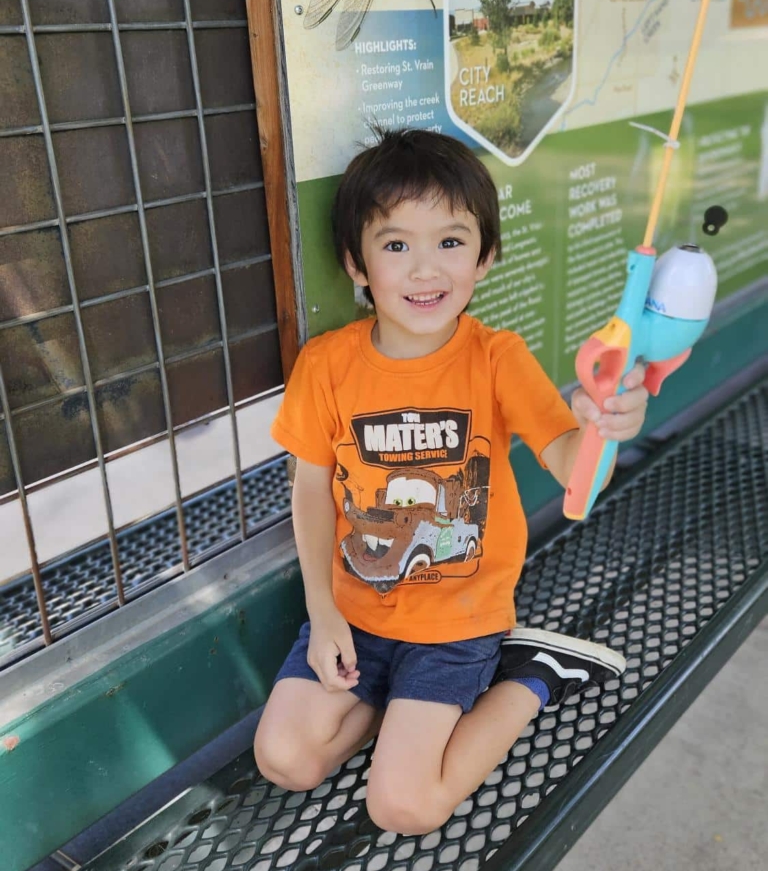Part C of the Individuals with Disabilities Education Act (IDEA) ensures that families get the therapies and services their children need in the earliest, most critical years of development.
It gives families a path forward, a lifeline when everything feels uncertain. Without it, many children would miss out on support that could change the course of their lives.

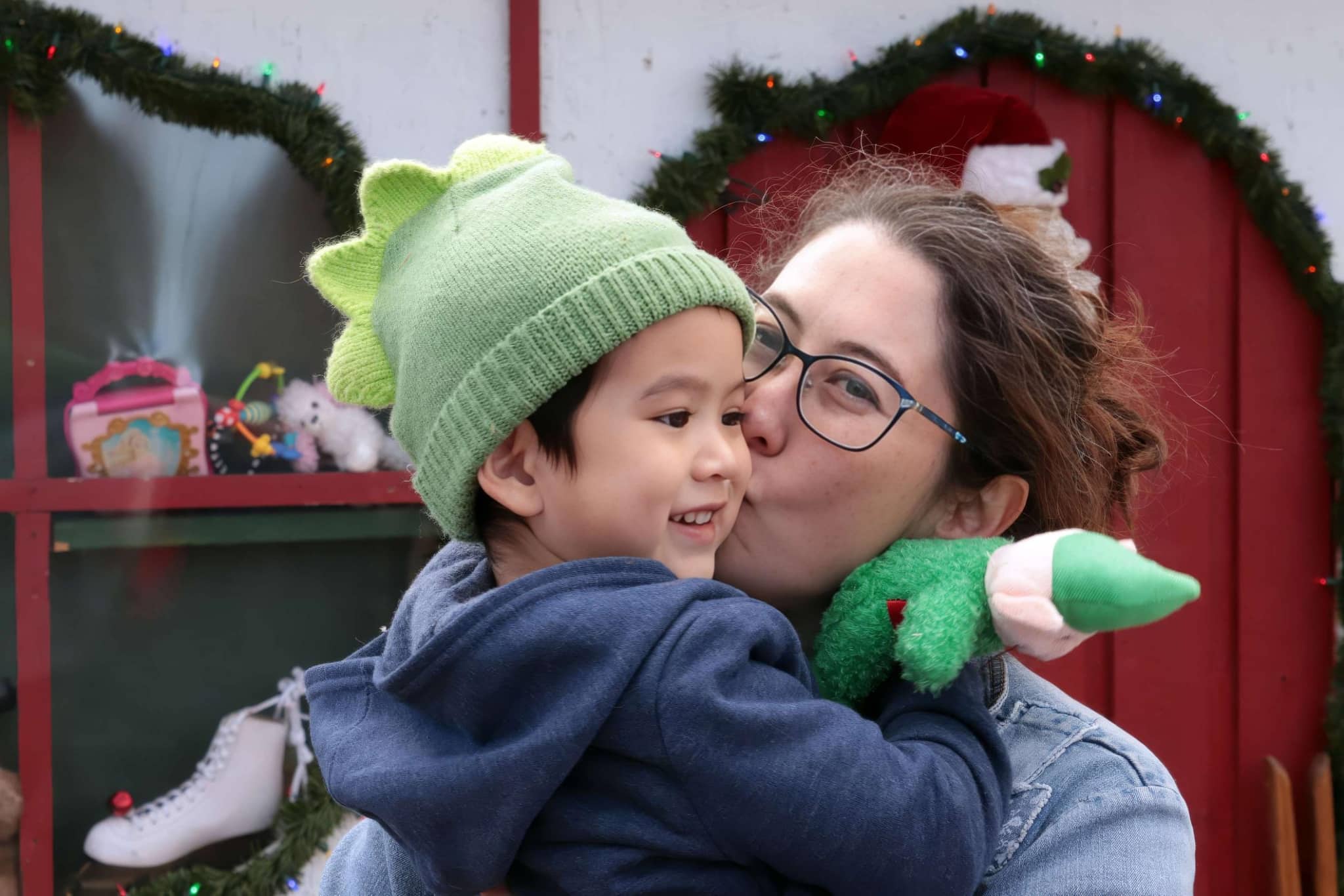

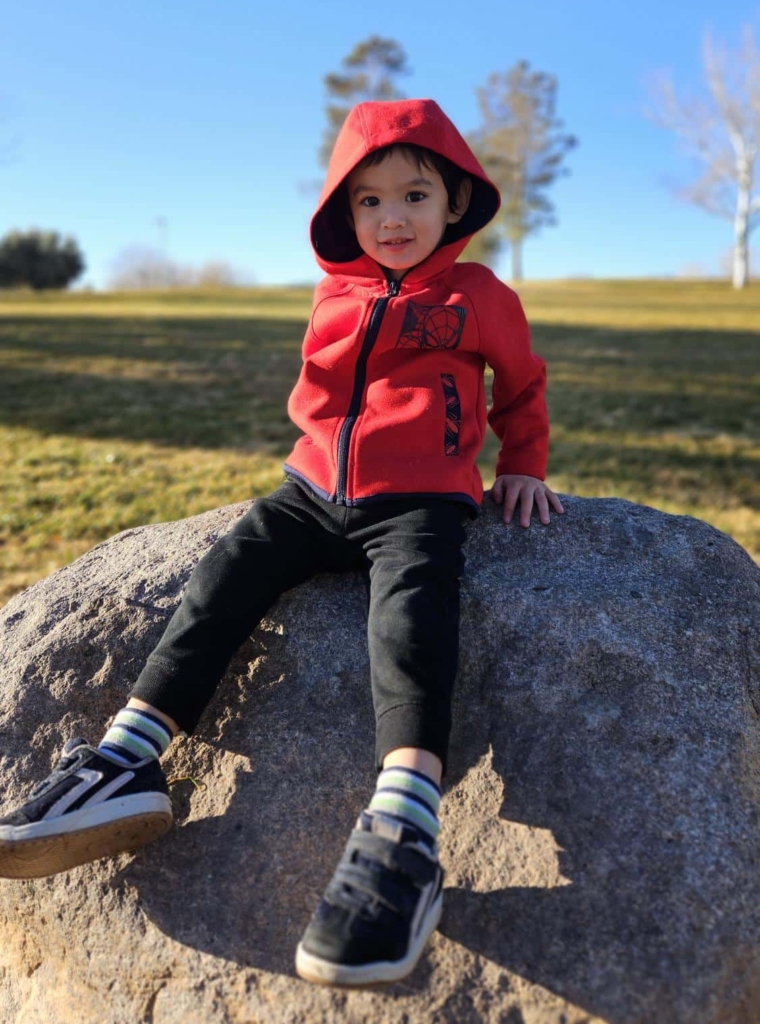
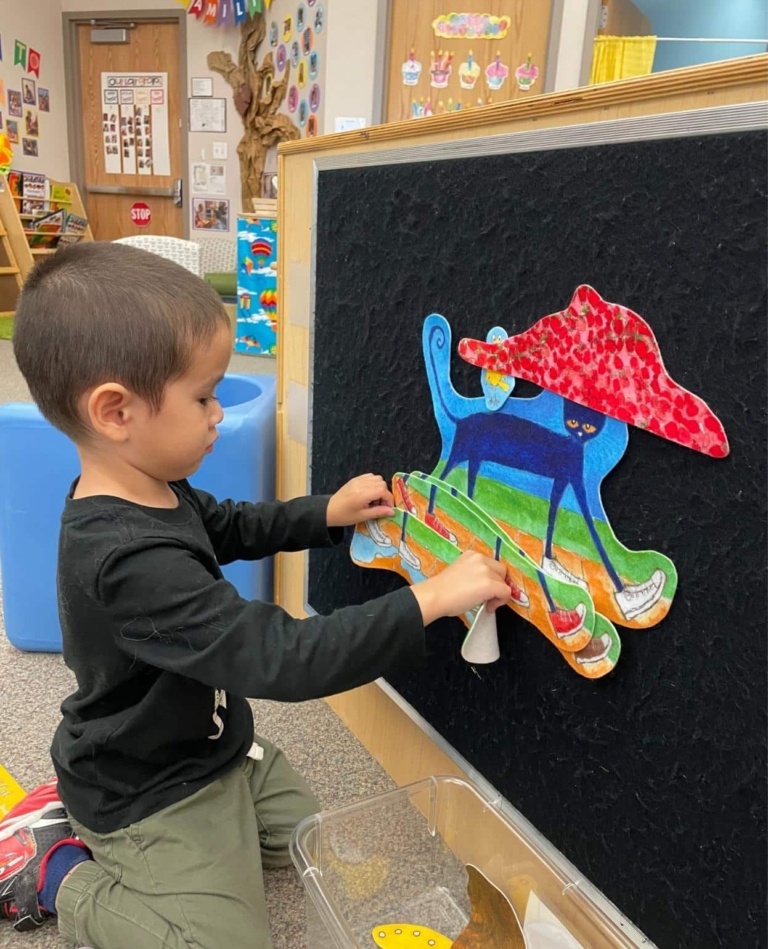
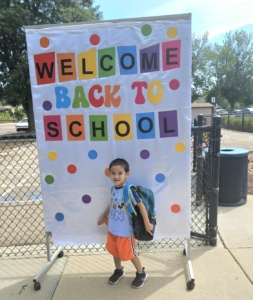 I worry that when our son transitions to kindergarten next year, we’ll lose that momentum. I worry that if the Department of Education stops supporting IDEA, our son could lose access to the services that have changed his life. He could slip through the cracks. The support he receives from his early childhood educators, paraeducators, speech therapist and occupational therapist hasn’t just helped him meet milestones, it has given him the courage to try new things. It has helped him feel seen and safe enough to grow. It’s helping him find his place in the world.
I worry that when our son transitions to kindergarten next year, we’ll lose that momentum. I worry that if the Department of Education stops supporting IDEA, our son could lose access to the services that have changed his life. He could slip through the cracks. The support he receives from his early childhood educators, paraeducators, speech therapist and occupational therapist hasn’t just helped him meet milestones, it has given him the courage to try new things. It has helped him feel seen and safe enough to grow. It’s helping him find his place in the world.